Fabulous Info About How To Become A Prosthetist

These include courses in biology, chemistry, physics, and human anatomy.
How to become a prosthetist. Getting a certification as a certified orthotic and prosthetic. Graduate from high school or complete a ged (four years) step 2: To become a prosthetist you must earn a master’s degree in orthotics and prosthetics and must become a certified prosthetist (cp) before you can start practicing.
While that is an important component of orthotics, this field entails so. How to become a certified prosthetist. Becky helps to fit prostheses and orthoses.
Many orthotics and prosthetic master’s degree programs need science classes rather than math requirements. You require at least five gcses with grades a to c or equivalent in english language,. Prosthetists typically need a bachelor degree in orthotics and prosthetics.
Earn a bachelor’s degree (four years) step 3:. How to become an orthotist and prosthetist in order to become an orthotist and prosthetist, individuals must now complete a master’s degree in orthotics and prosthetics. The most common degree is a bachelor's degree degree with an health sciences and services major.
Pass all 3 certification exams to become a practitioner. She then works with her patients to help them to use their new body part or. We've determined that 71.4% of certified.
To become a prosthetist/orthotist, you usually have to complete a degree at university with a major in anatomy and physiology, followed by a postgraduate qualification in prosthetics and. If you're interested in becoming a certified prosthetist, one of the first things to consider is how much education you need. If you're interested in becoming a certified prosthetist/orthotist, one of the first things to consider is how much education you need.
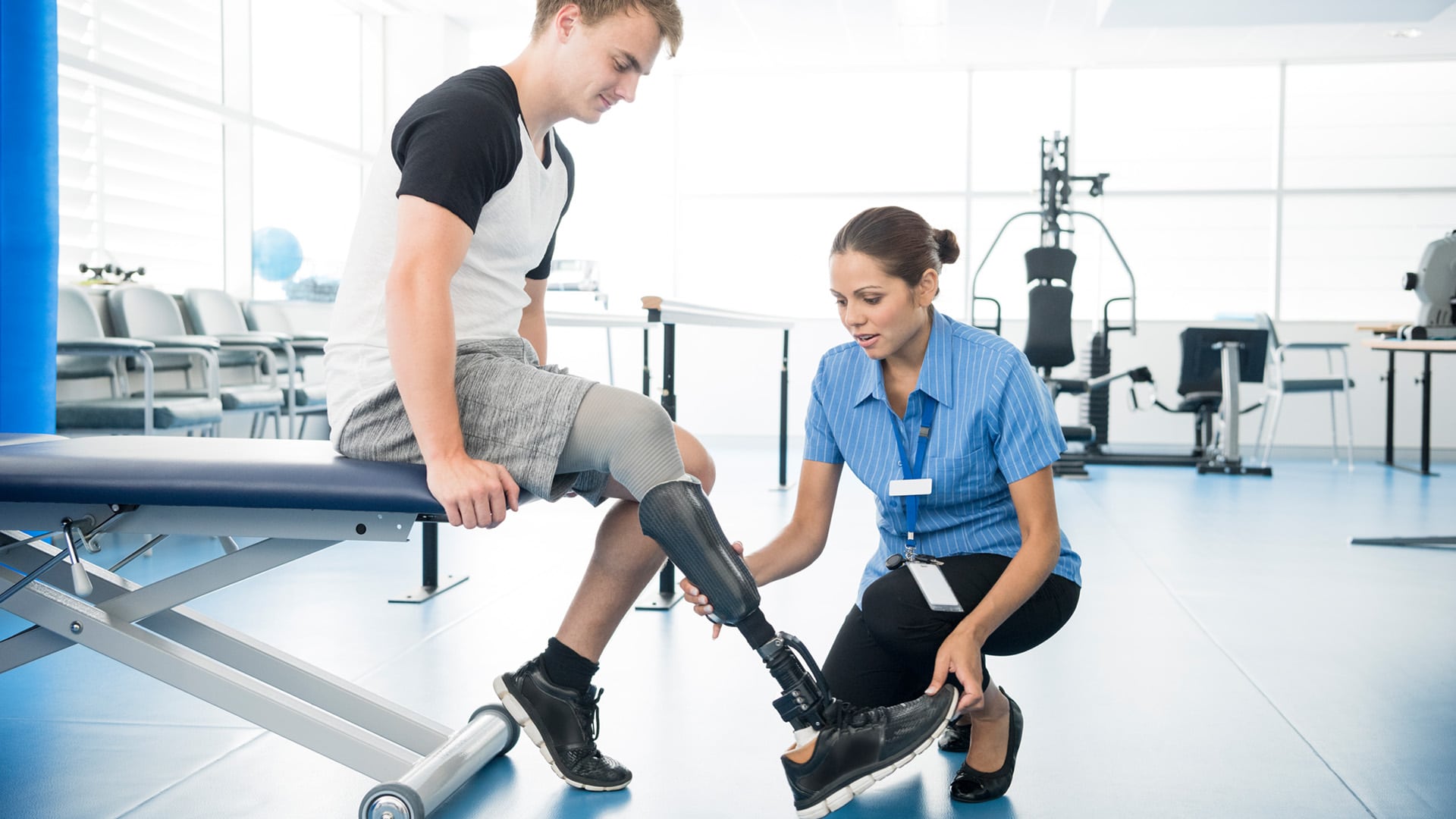
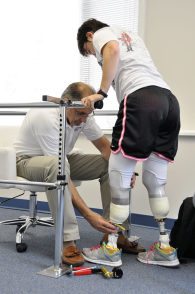


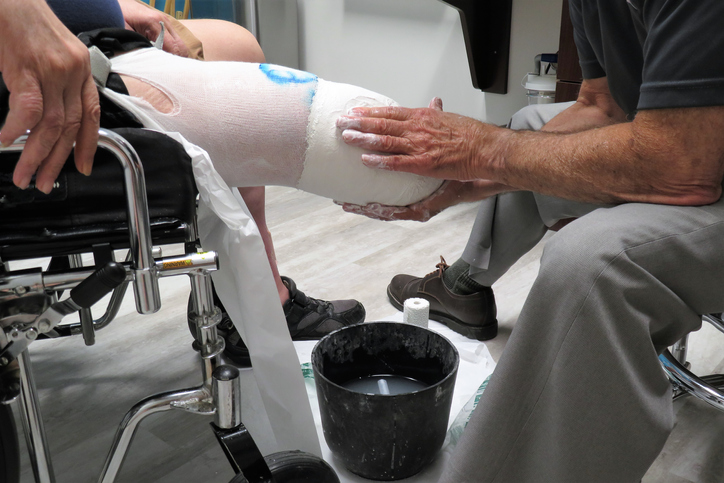

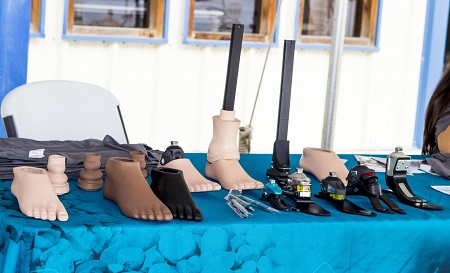


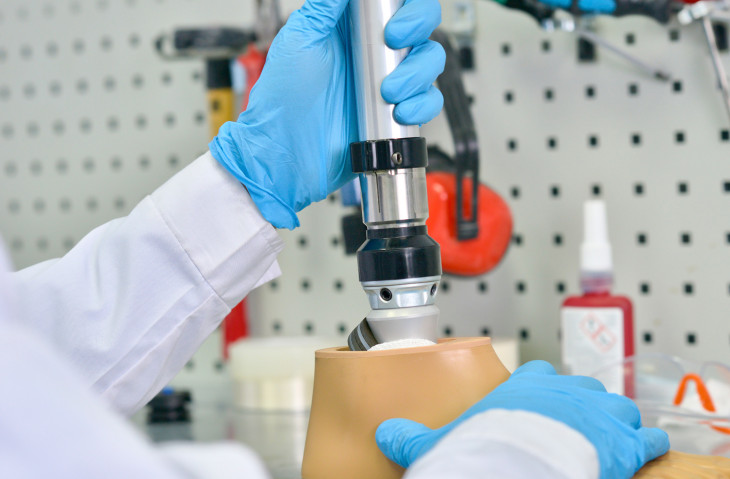


.jpg)





